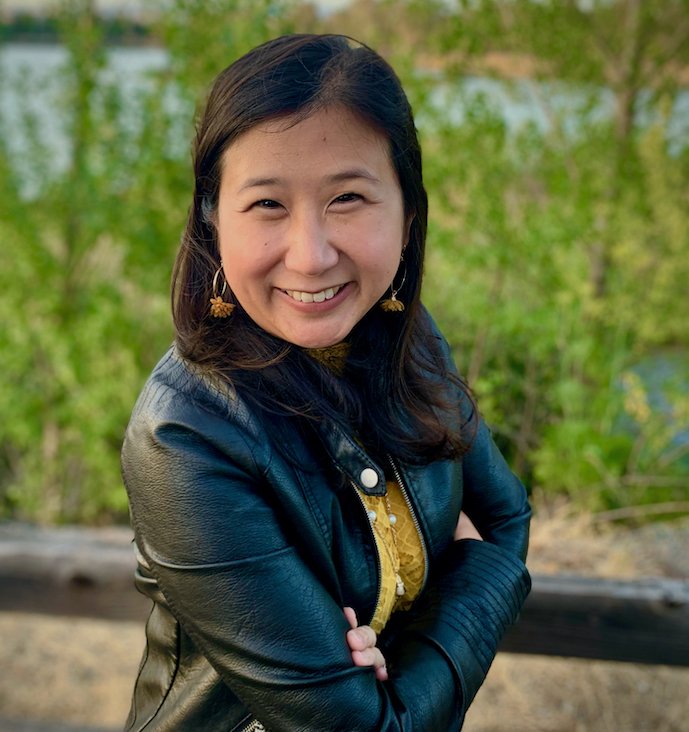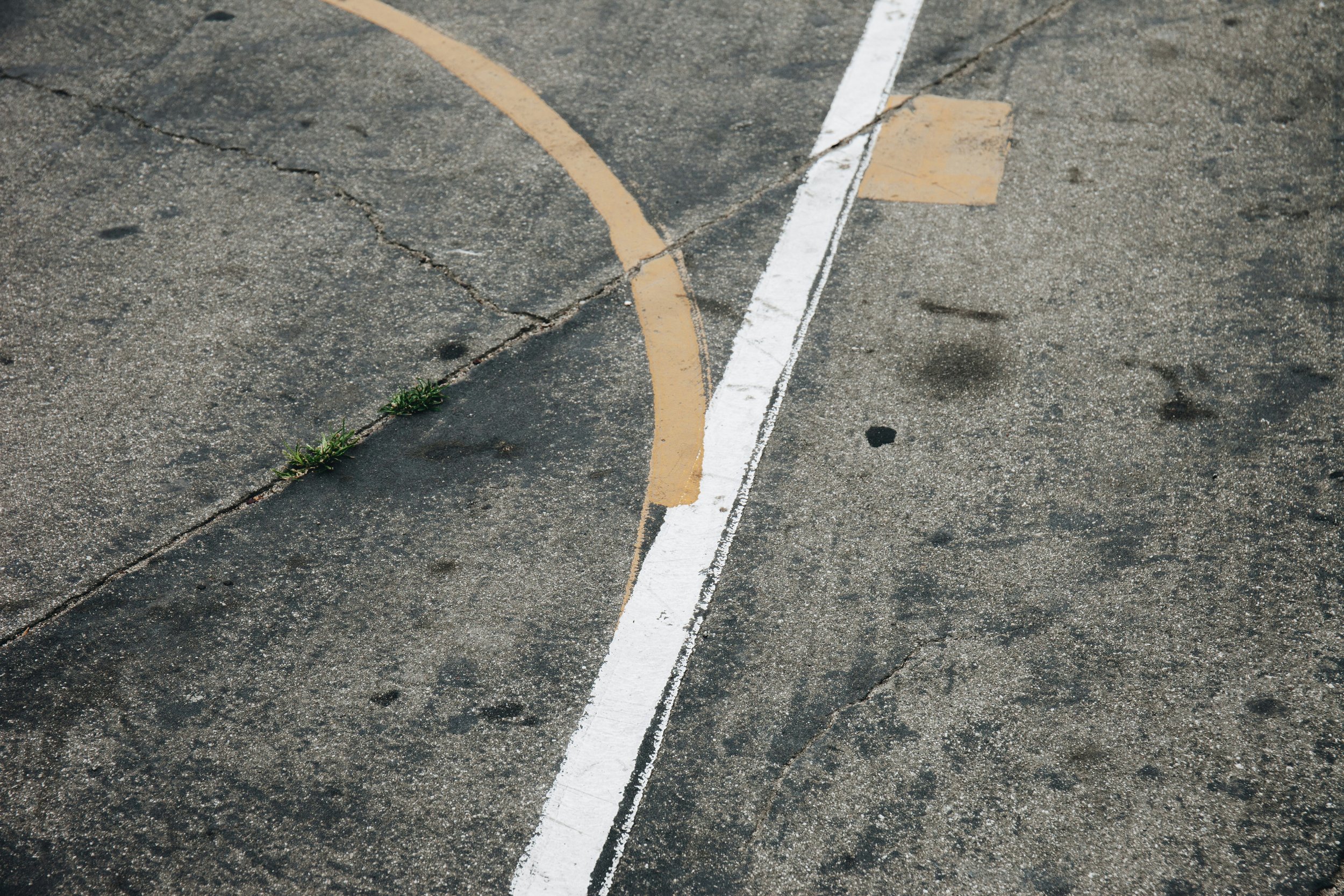Not All Social Justice Advocates March
By Dorcas Cheng-Tozun
W
hen you think of a social activist, whom do you imagine? What do you see that person doing?
If you’re like me, you probably see someone standing behind a microphone. Someone leading a march. Someone shouting at a protest. Someone making an impassioned plea in a courtroom. Someone debating elected officials in government chambers.
When I see such change agents on the news or social media, I feel admiration and respect for their courage. And I feel great anxiety. Is that what I have to do to be on the right side of justice? Is that what it necessarily looks like to follow God’s command “to act justly and to love mercy” (Mic. 6:8)?
Like many from Asian backgrounds, I’m pretty uncomfortable with speaking up, debating, and confrontation. I’m also among the 20 percent of the population who is highly sensitive. For people like me, who have heightened responses to stimuli and empathize deeply with others, conflict is incredibly stressful. Large, noisy crowds are exhausting. Constant exposure to the anger and despair of others can lead to severe anxiety and depression.
I tried my best to ignore these particular personality traits of mine when I worked in the nonprofit and social enterprise sectors for over a decade. I wanted to be just like my colleagues who were bold and unflinching, who always seemed ready for a fight and easily dusted themselves off when things didn’t go their way. But no matter how hard I tried, I always sensed that I was feeling too much and processing too deeply. I needed more boundaries, more rest, more quiet. Without those protective structures around me, I struggled significantly to persevere in the social justice arena.
But, I reasoned, struggle was the way of the cross—wasn’t it?
Over the years, trying to emulate my peers and my social justice heroes—Martin Luther King, Mother Teresa, Óscar Romero, and others—led me to burnout again and again. Each episode of burnout was worse than the last, until I found myself in bed, debilitatingly depressed, unable to work and barely able to function, for almost a year. I finally began to understand that I was following the way of other people more than the way of the cross.
The prophet Micah extols us to act justly and to love mercy. But, in the same breath, he also says “to walk humbly with your God” (Mic. 6:8). That humility requires me to understand and accept who God created me to be—and who God did not create me to be. That humility asks me to acknowledge my limitations and to trust that what may seem like smaller contributions still matter in the kingdom of God. God did not ask me to be just like Martin Luther King. He made me an entirely unique person so that I could serve in my own unique way.
Most of us could probably name a few prominent leaders of the Civil Rights Movement—Dr. King, Rosa Parks, John Lewis, Septima Clark, and a few others. But for every front-and-center leader, there were thousands of committed civil rights activists who served in critical ways: as administrators and accountants, as artists and speechwriters, as record keepers and teachers, as mentors and strategists. The same is true of every major social movement in history. Dr. King, Gandhi, Nelson Mandela, Harriet Tubman, Elizabeth Cady Stanton, Cesar Chavez, Yuri Kochiyama, and others have stood upon the scaffolding created by countless faithful activists who brought their particular gifts and personality traits to a common cause.
When I was conducting research for my book Social Justice for the Sensitive Soul, I looked at every book in my local library that covered major social movements. I was trying to find individuals who advocated for the human good outside of the spotlight, laboring in creative, unconventional, or uncelebrated ways.
I worried that I would have trouble finding such individuals. In reality, I found far too many to name in just one book.
For example, during the Civil Rights Movement, psychologists Kenneth Clark and Mamie Phipps Clark ran the famous “doll tests,” which demonstrated the great harm inflicted upon the self-image of young Black schoolchildren by a segregated school system. Their findings, along with the findings of dozens of other dedicated researchers, directly informed the US Supreme Court’s unanimous Brown v. Board of Education decision that school segregation was unconstitutional, and separate was inherently unequal.
Myles Horton and Don West co-founded the Highlander Folk School, which played a crucial role in training civil rights activists in leadership, organizing, and nonviolent resistance. Rosa Parks attended an intensive two-week workshop at Highlander just a few months before she refused to give up her seat on a Montgomery, Alabama, bus, igniting a boycott that changed the nation.
With my inclination toward quieter, more behind-the-scenes activities, I am not wired to advocate like Dr. King or John Lewis. But perhaps I can look to dedicated individuals like Drs. Kenneth and Mamie Phipps Clark, or writer James Baldwin, or contemplative theologian Howard Thurman. For those of us who are highly sensitive, empathic, and introverted, there is—and always has been—a place for us within collective movements for social change.
In reference to the community of believers, Scripture tells us that “the body does not consist of one member but of many. . . . But as it is, God arranged the members in the body, each one of them, as he chose” (1 Cor. 12: 14, 18, NRSV). As different as we each are, we can answer the call for justice in very different ways that still honor God and move us toward greater shalom and wholeness in our communities.
To be an effective advocate for social justice does not necessarily require marching, organizing, or giving public speeches. To answer God’s call to act justly and love mercy, we need only faithfully offer our varying gifts, talents, and passions toward ensuring that all human beings are treated as image-bearers of God. Each devoted act of creating, building, documenting, encouraging, communicating, and more adds a critical piece to the larger mosaic of social change.
When we welcome people of varying gifts, backgrounds, callings, and dispositions to the causes we care about, we create a more inclusive and rich movement that can move the needle toward God’s river of justice in a myriad of ways.
Dorcas Cheng-Tozun is an award-winning writer, editor, and the author of the new Social Justice for the Sensitive Soul: How to Change the World in Quiet Ways (Broadleaf). She has worked in the areas of community development, youth leadership, volunteer recruitment, affordable housing, and global energy access. She was the founding editorial director of Reclaim Magazine, and currently serves as the editorial director of the Christian nonprofit PAX, which seeks to inspire and equip the church to seek the peace and justice of Jesus through contemplative formation. Connect with her at chengtozun.com or on social media @chengtozun.
More Like This:
Help us continue the work of empowering voices. Give today.





